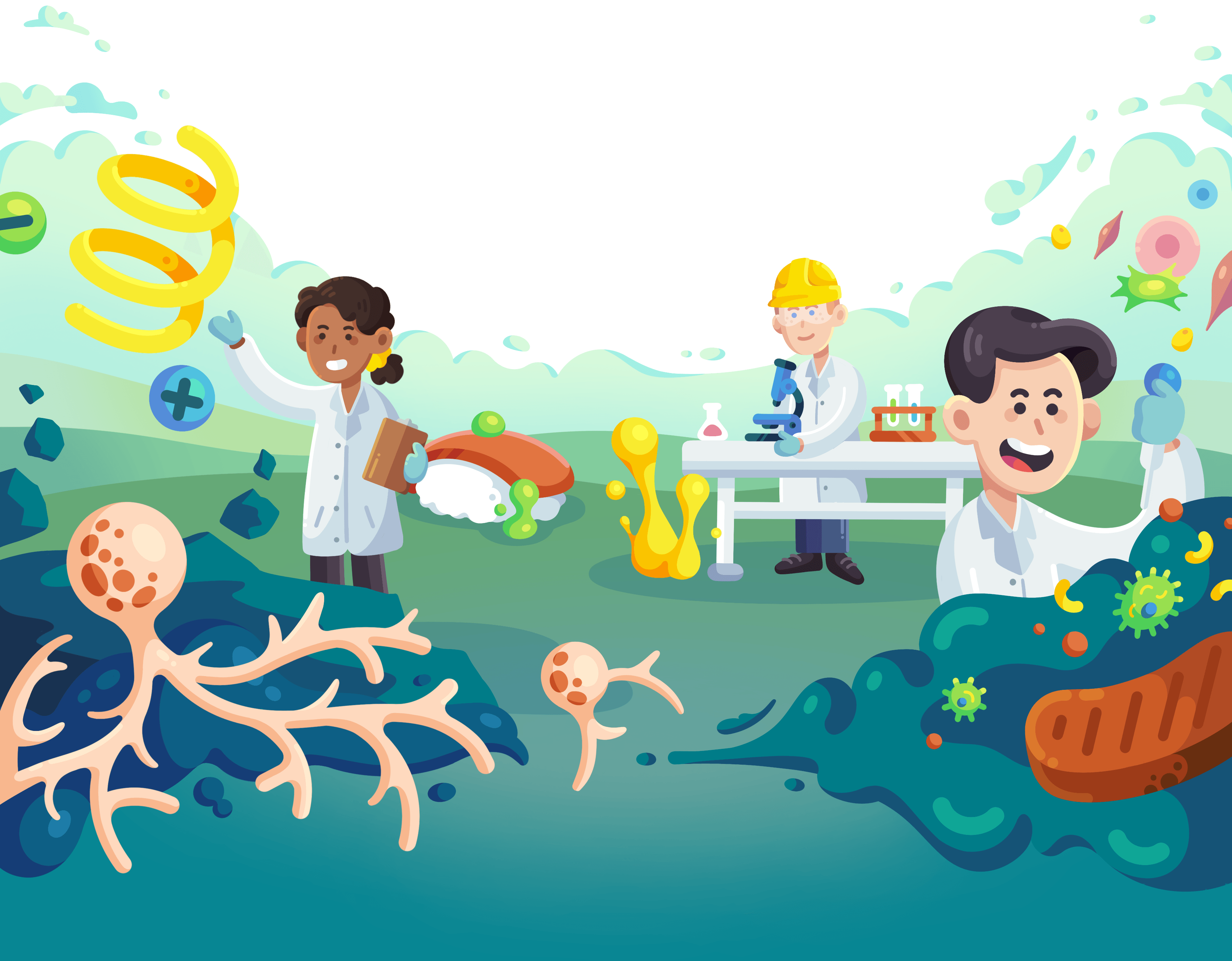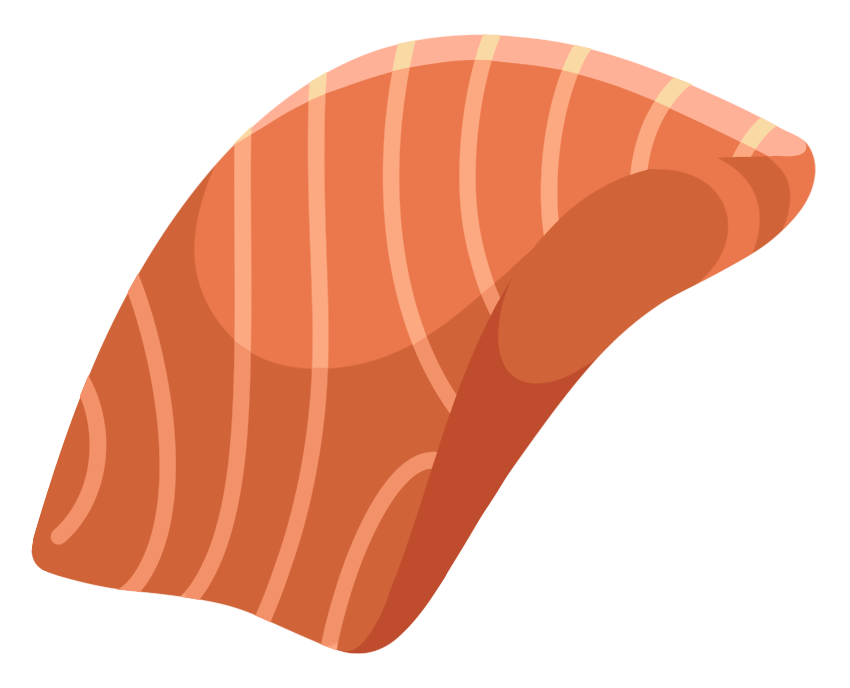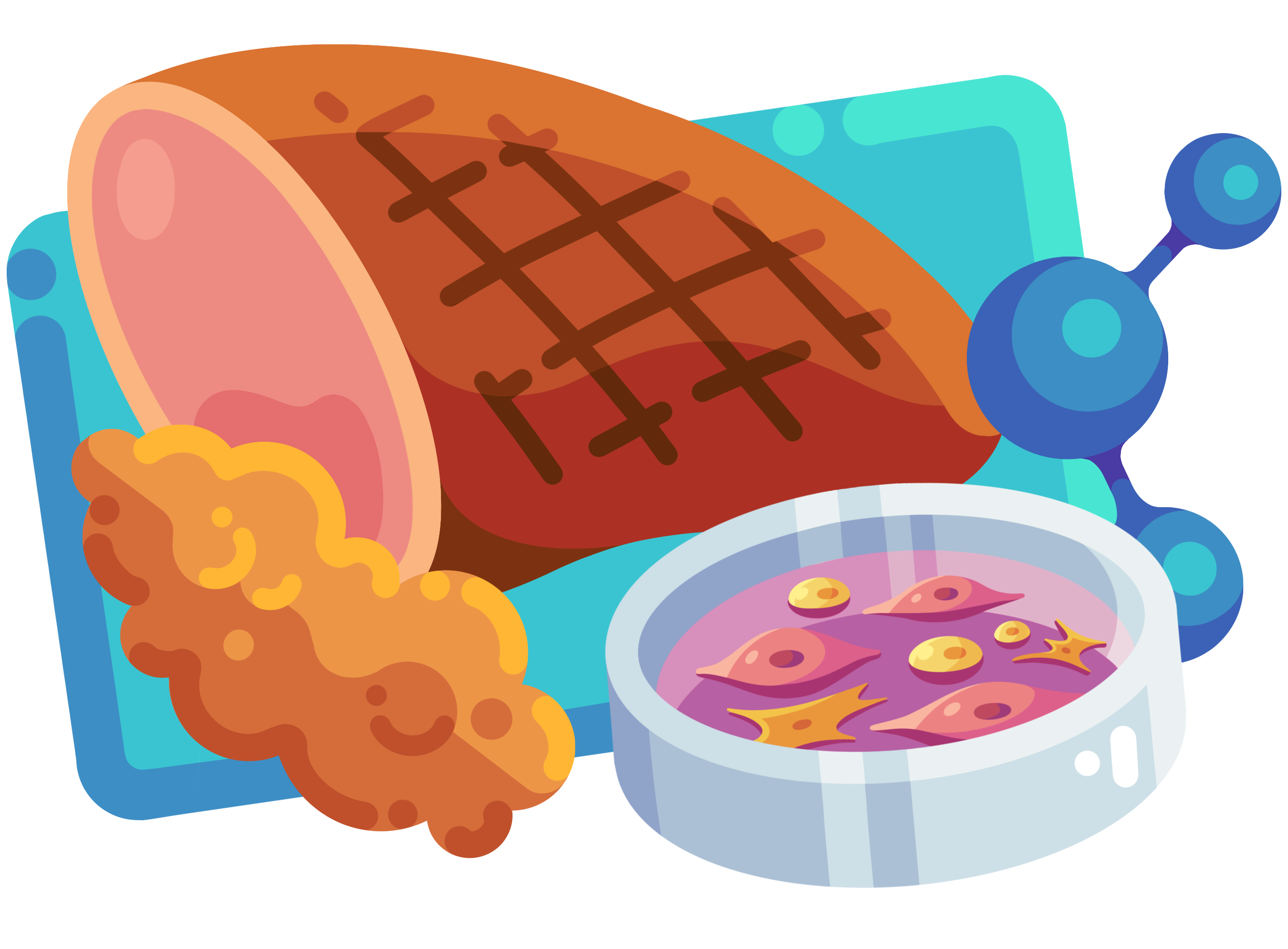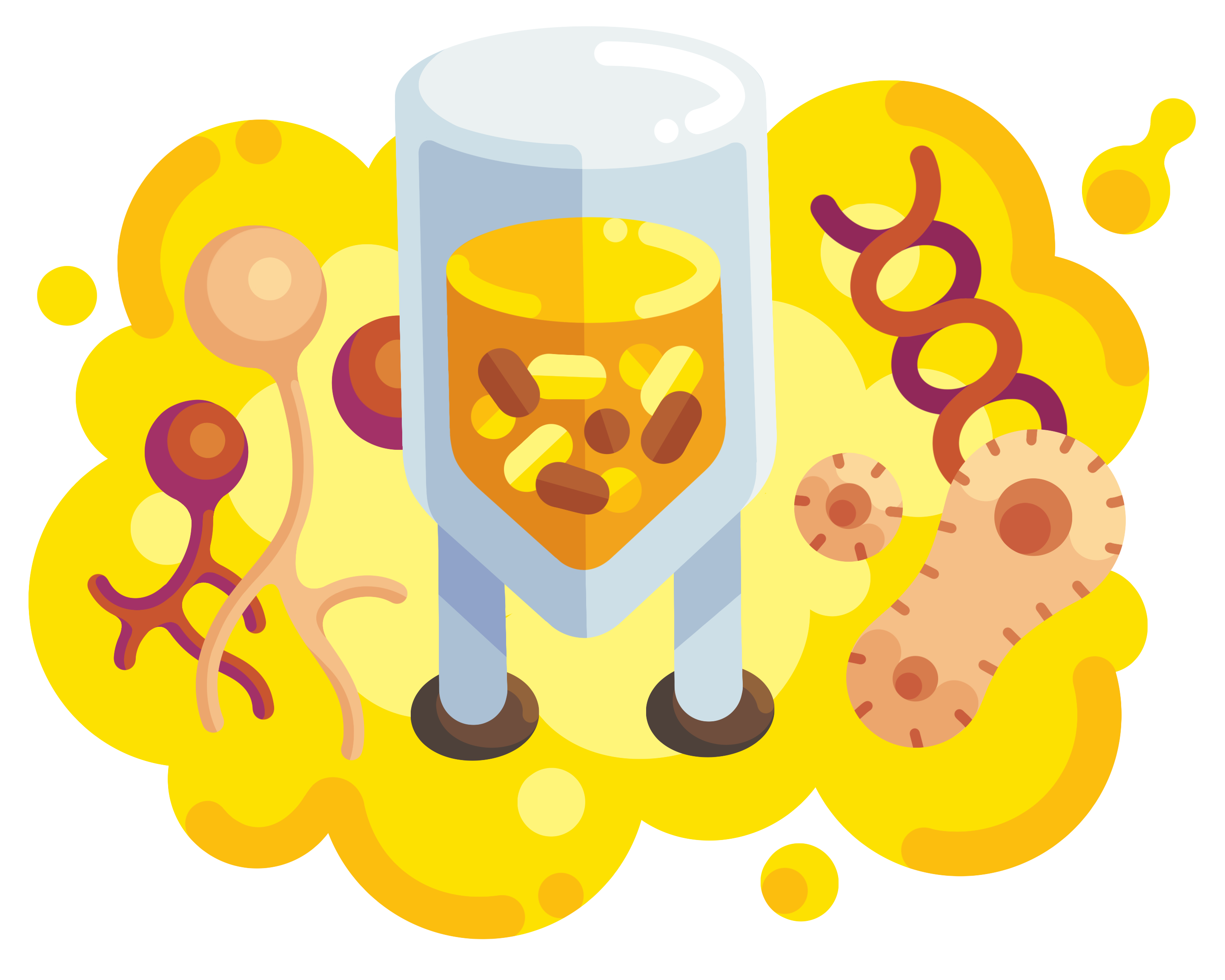Alternative Protein
Career Pathways
The Alternative Protein Careers Pathways is designed to be a comprehensive guide for university students, recent graduates, and career switchers interested in entering the alternative protein field. This tool provides detailed insights into the skills required, job types, and the various alternative protein production platforms. Whether you are new to the field or looking to transition your career, the resources here will help you navigate your path towards contributing to the future of sustainable food.



















What are
Alternative Proteins?
Alternative proteins are proteins produced from plants, microbes, or cultivated animal cells. These innovative foods are designed to taste the same as or better than conventional animal products, while costing the same or less.
Firstly, we can make plant-based meat (PBM) by combining plant-based proteins, fats, vitamins, and minerals. These products can deliver the tastes and flavours consumers expect from the animal meat they know and love.
Secondly, we can create cultivated meat (CM), which involves directly harvesting cells from farmed animals and growing them in bioreactors similar to those used to brew beer. The cells undergo similar biological processes to what occurs in an animal, allowing us to grow genuine animal tissue in a safer and more secure way.
Lastly, we can produce fermentation-derived (FD) proteins. Precision fermentation allows us to create standalone functional ingredients by engineering microorganisms to express specific proteins or fats. Similarly, biomass fermentation allows us to leverage the exponential growth of microbes to create delicious, animal-free meats.














Alternative Proteins Interactive Career Maps
The Career Map is your guide to navigating the diverse roles and opportunities within the alternative protein industry. It outlines the key steps in the production process, the necessary skills for each role, and the educational paths that can lead to a successful career in this innovative field. Whether you are a student, a recent graduate, or considering a career change, the Career Map provides clear insights and resources to help you embark on a rewarding journey in alternative proteins.
Support
a Good Food Future!
Our research, insights, and advocacy are made possible thanks to our generous, global family of donors. Philanthropic support is vital to our mission. Connect with us today to discuss how you can help fuel this transformative work. The future of food is in your hands, and you can change it for good.

Support
a Good Food Future!
Our research, insights, and advocacy are made possible thanks to our generous, global family of donors. Philanthropic support is vital to our mission. Connect with us today to discuss how you can help fuel this transformative work. The future of food is in your hands, and you can change it for good.























